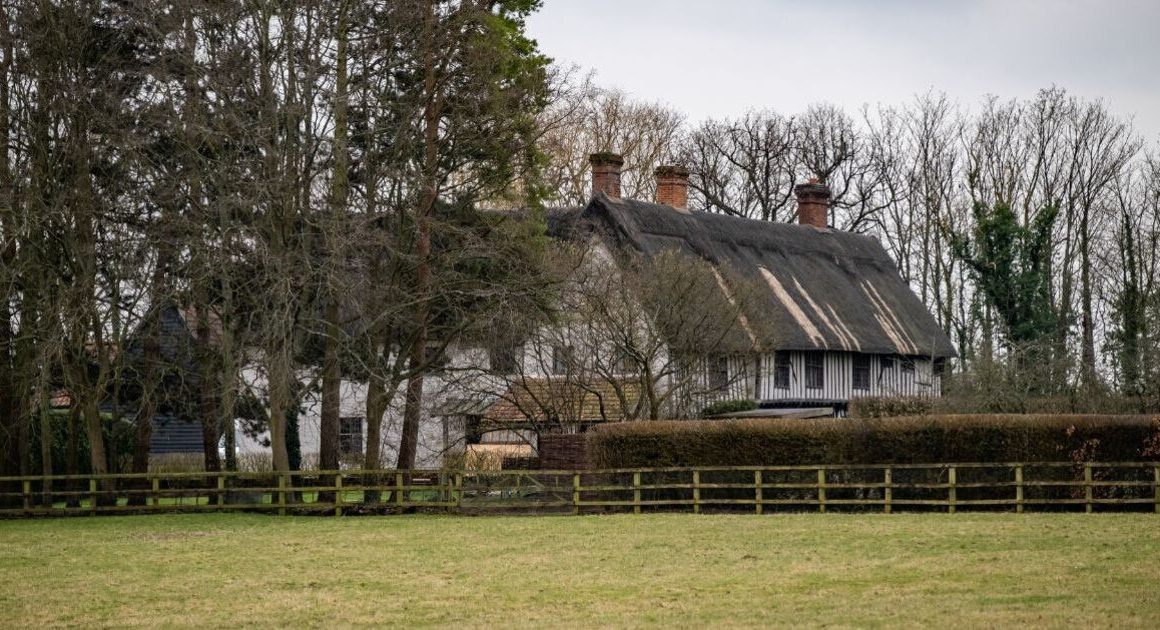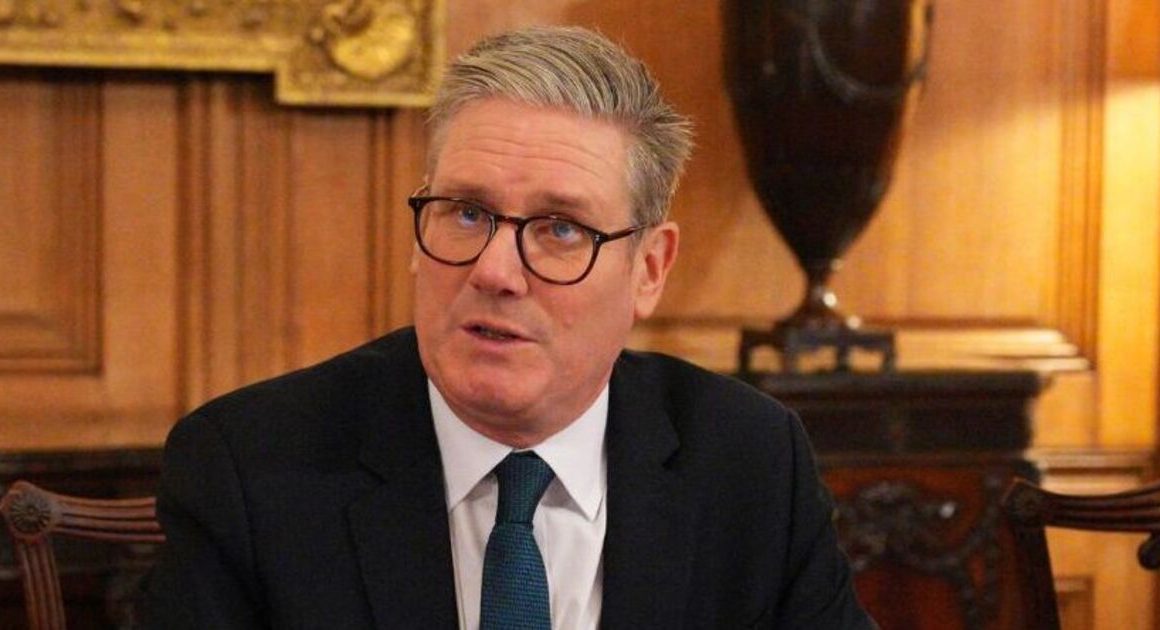WARNING: This article may affect those who have experienced sexual violence or know someone affected by it.
Another man involved in the French rape trial that has shocked people around the world has admitted to drugging and raping his partner, which legal and psychological experts say highlights the problematic and pervasive attitude that a husband owns his wife — and her body.
An associate of Dominique Pelicot — who on Tuesday testified in court that for nearly a decade he let dozens of women rape his then-wife, Gisèle Pelicot, 72, after he drugged her — admitted to copycat abuse of his own wife Wednesday.
Like Dominique Pelicot had a day earlier, Jean-Pierre Marechal, 63, blamed his troubled childhood for his decision to rape his wife, Cilia, and inviting Pelicot to do the same. But he also blamed Pelicot, 71, for mentoring him.
“I regret my actions. I love my wife,” Marechal said in the courtroom in Avignon, in southern France, Wednesday. “If I had not met Mr. Pelicot, I would have never committed this act. He was reassuring, like a cousin.”
Police have said Marechal worked with Pelicot to drug and both rape Marechal’s wife, Cilia, after meeting on a now-shuttered website. Marechal is not accused of raping Gisèle Pelicot, who is expected to testify herself later on Wednesday.
Marital rape was only outlawed in France in 2006. In 2018, approximately 213,000 women older than 18 in France said they’d been victims of physical or sexual violence at the hands of a partner or former partner, according to a report by the U.S. Department of State.
Warning: Video contains distressing details | Dominique Pelicot, a 71-year-old French man, admitted in court on Tuesday that for nearly a decade, he repeatedly drugged his unwitting wife, Gisèle Pelicot, and invited dozens of men to rape her while she lay unconscious.
In March, the World Health Organization estimated that about 30 per cent of women worldwide have been subjected to either physical and/or sexual intimate partner violence or non-partner sexual violence in their lifetime — and that most of this is intimate partner violence.
“Sexual assault in an intimate partner relationship is very prevalent and it’s significantly under-reported,” Ummni Khan, an associate professor of law and legal studies at Carleton University in Ottawa who researches gender, sexuality and the law, told CBC News Wednesday.
“This case is both horrific and extraordinary, and yet exposes how common intimate partner violence is. How a subgroup of ‘ordinary’ men feel entitled to participate in sexual violence if they think they can get away with it.”
‘Really deeply troubling’
Dominique Pelicot is accused of inviting more than 50 men to secretly rape his wife while she was drugged unconscious in a trial that has gripped France and raised new awareness about sexual violence. On Tuesday, Dominique Pelicot told the court that he also raped his wife, who has since divorced him, and that the 50 men standing trial alongside him understood exactly what they were doing.
While he previously confessed to investigators, the court testimony will be crucial for the panel of judges to decide on the fate of the other men standing trial with him. Many deny having raped Gisèle Pelicot, saying they were manipulated by her then-husband or claiming they believed she was consenting.
As It Happens6:38Will Gisèle Pelicot’s rape case be a catalyst for change in France? This expert says it’s ‘up to us’
When rape victim Gisèle Pelicot waived her right to anonymity and insisted the world know her name, she created an opportunity for real, meaningful change in France, says Andreea Gruev-Vintila. The French social psychologist, who studies violence and coercion, spoke to As It Happens host Nil Köksal.
“What this says is that there are still people in France today that can believe that men can give a better guarantee for his wife’s will, as if she wasn’t a human person herself, as if she didn’t have her own words, her own conscience, her own consent. So it’s really deeply troubling,” social psychologist Andreea Gruev-Vintila told CBC’s As it Happens Tuesday.
“While it is deeply troubling, it does offer an unprecedented opportunity to confront the reality, of course, of control and sexual violence within as a marital rape in France,” said Gruev-Vintila, an associate professor of social psychology at the University Paris-Nanterre who studies the impacts of violence and coercive control.
On Wednesday, Marechal described how he and his sisters suffered sexual abuse at the hands of his father. He said it was Pelicot who unlocked his inner demon.
Prosecutors allege Marechal met Pelicot on a website called Coco, where Pelicot shared with him images of the rapes of his wife by the men he had recruited, describing how he had drugged her.
Met on website
Marechal said in the courtroom he stumbled across the website by accident and initially refused Pelicot’s request to rape his wife before acquiescing. Prosecutors say Pelicot drugged Marechal’s wife and raped her while Marechal watched.
Pelicot acknowledged his guilt in raping Marechal’s wife and said he regretted his actions, saying that he cut contact with them after she woke up while he was in her room. Prosecutors say Pelicot was recorded in at least three of 12 assaults against Marechal’s wife.
Cilia, 54, has five children with Marechal and has stuck by him, not filing a criminal complaint.
In France, studies suggest that nine out of 10 women who are victims of rape do not press charges, Magali Lafourcade, a magistrate and secretary general of the National Consultative Commission on Human Rights, previously told The Associated Press. And when they do, about 80 per cent of the cases are dropped, she said.
Both Khan, with Carleton University, and social psychology professor Gruev-Vintila take issue with Dominique Pelicot’s defence — which is now Marechal’s as well — that they were abused in childhood.
The majority of victims of sexual abuse do not become abusers, Khan emphasized on Tuesday, after Dominique Pelicot’s testimony.
“In some cases, violent behaviour coincides with a history of being victimized. But that does not mean the person is absolved of responsibility for their actions.”
For anyone who has been sexually assaulted, there is support available through crisis lines and local support services via the Ending Violence Association of Canada database.
For anyone affected by family or intimate partner violence, there is support available through crisis lines and local support services.
If you’re in immediate danger or fear for your safety or that of others around you, please call 911.










